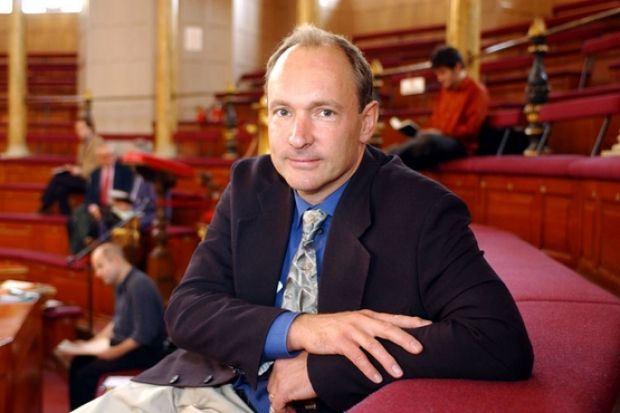Sir Tim Berners-Lee, the British computer scientist and University of Southampton professor who invented the World Wide Web, was one of the winners, along with Robert Kahn, Vinton Cerf and Louis Pouzin, who helped develop the fundamental architecture at the heart of the internet. Marc Andreessen, who created Mosaic, one of the first ever internet browsers, completed the quintet.
“The technical prowess of this group of engineers is equalled by their foresight and generosity in sharing their work freely and without restriction,” read a statement form the organisers of the prize.
“This approach allowed the internet and the web to be adopted rapidly around the world and to grow organically thanks to open and universal standards.” The five men will share a £1 million prize.
Lord Alec Broers, chair of the judging panel, said: “These five visionary engineers, never before honoured together as a group, led the key developments that shaped the internet and web as a coherent system and brought them into public use.
“We had originally planned to award this prize to a team of up to three people. It became apparent during our deliberations that we would have to exceed this limit for such an exceptional group of engineers.”
The new prize, administrated by the Royal Academy of Engineering, was announced by prime minister David Cameron in November last year. He said he hoped the award would “carry same stature as the Nobel Prizes”.
The winners will come to London in June for the formal presentation of the prize by Her Majesty The Queen.
Register to continue
Why register?
- Registration is free and only takes a moment
- Once registered, you can read 3 articles a month
- Sign up for our newsletter
Subscribe
Or subscribe for unlimited access to:
- Unlimited access to news, views, insights & reviews
- Digital editions
- Digital access to THE’s university and college rankings analysis
Already registered or a current subscriber? Login




